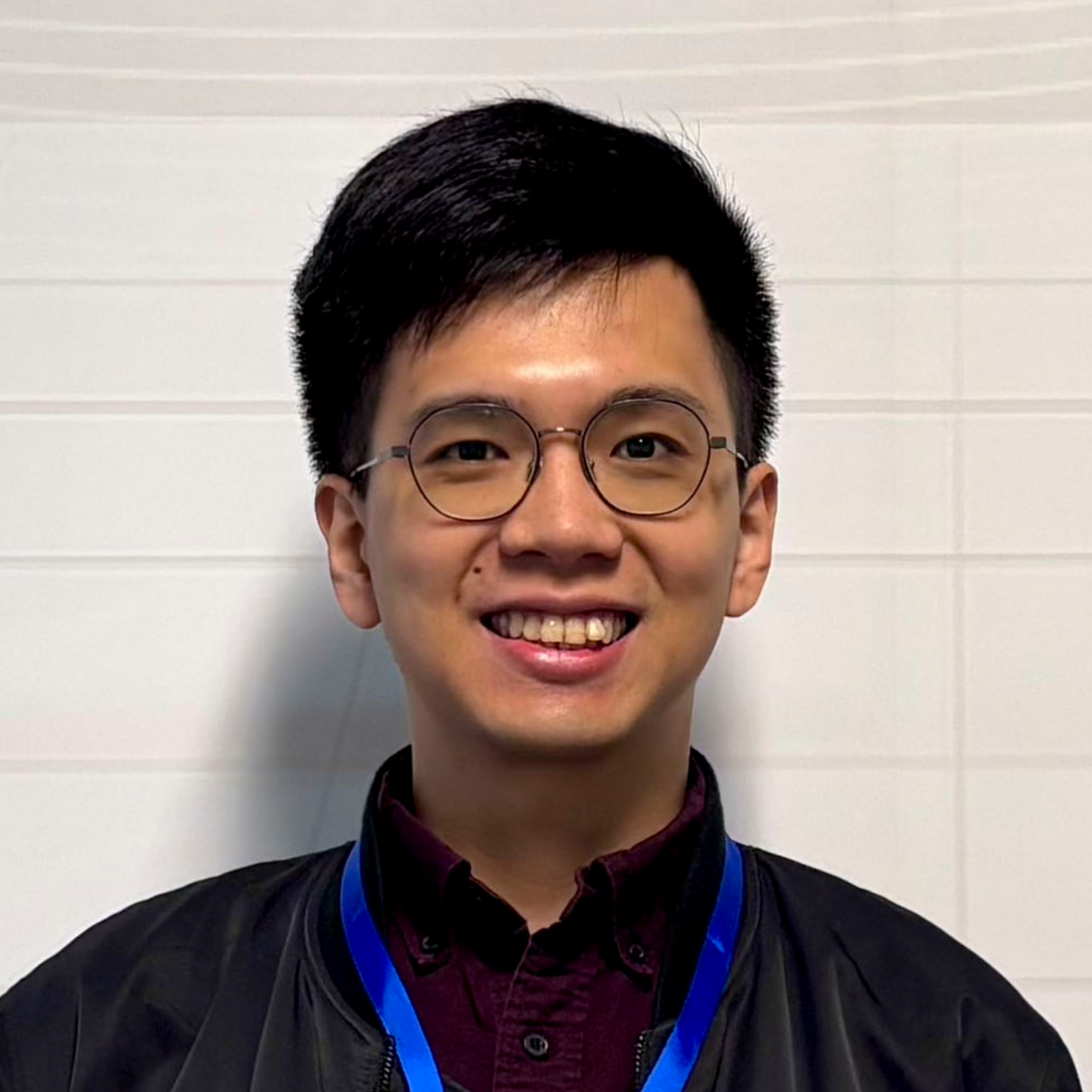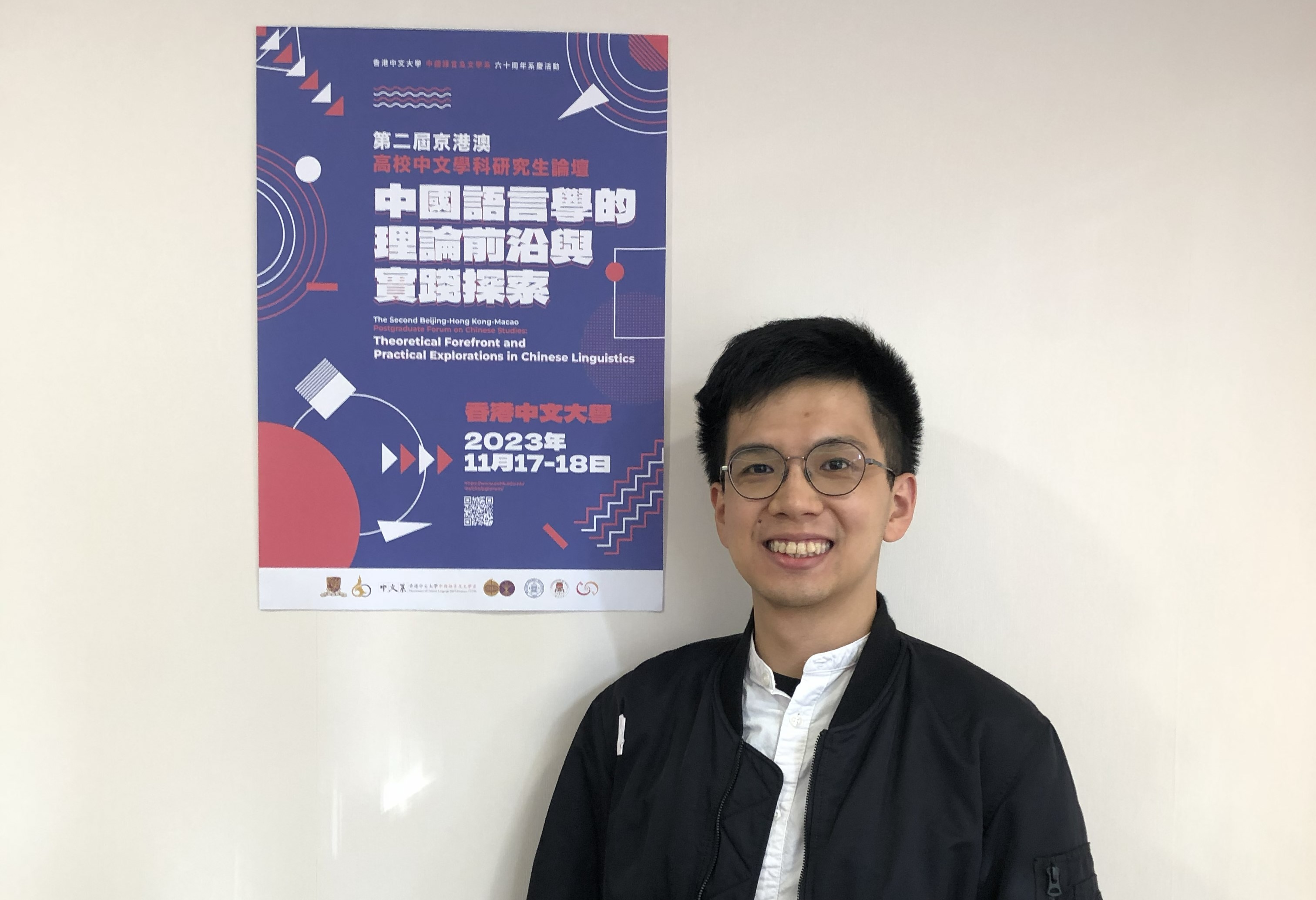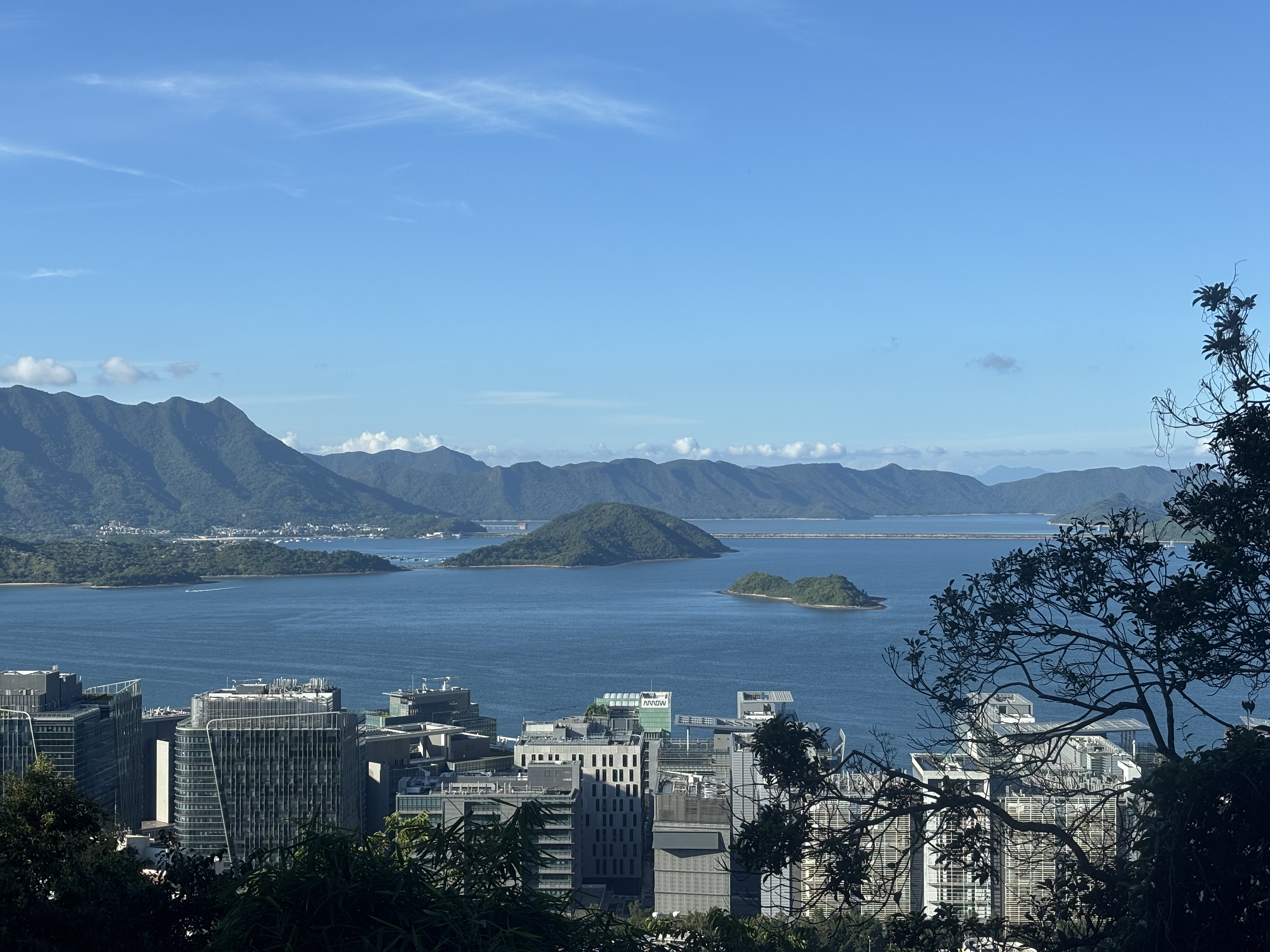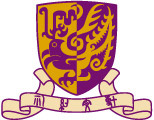
Uncovering Linguistic Treasures at CUHK
Not everyone finds their passion in the subtle nuances of language, but for Wong Kam Pang, the rich tapestry of Yue Chinese became an irresistible calling. Graduating from PhD in Chinese Language and Literature this November, Kam Pang has already made his mark in the field, publishing groundbreaking research on language choices in Kuala Lumpur's Yue community and presenting at prestigious International Conferences on Yue Dialects.
Building Bridges Through Academic Exchange
The Hong Kong postgraduate studies experience often hinges on the strength of academic community, and at CUHK, that community has become Kam Pang's second family. What sets the CUHK student life apart is its emphasis on cross-departmental collaboration. “I have regular meetings with other postgraduate students from other departments in the Faculty of Arts. Even though our research topics are different, from the meetings, we find insight in our communication,” Kam Pang reflects.Kam Pang with his supervisor, Prof. KWOK Bit-Chee and other postgraduate students in the Department of Chinese Language and Literature
The journey through The Chinese University of Hong Kong postgraduate education has opened doors to invaluable networking opportunities. Through departmental conferences connecting scholars from Macau and Beijing, and annual conferences co-organised with National Cheng Kung University in Taiwan, Kam Pang has found his academic voice. “When I present my research, I receive strong feedback. The feedback from the teachers is particularly useful,” he shares.Kam Pang presented in a conference organised by National Cheng Kung University in Taiwan
What truly distinguishes the CUHK research opportunities is the informal mentorship that flourishes outside the classroom. Casual lunches with supervisors and classmates create an atmosphere where ideas flow freely, turning everyday conversations into potential research breakthroughs.
Discovering the Soul of Language Studies
At the heart of Hong Kong graduate school education lies stories of transformation, and Kam Pang's journey into Yue Chinese research exemplifies this perfectly. The rich academic legacy of CUHK's Department of Chinese Language and Literature became his springboard. “At the Department of Chinese Language and Literature, the research on the Chinese language has quite a long history. I feel that's why we have so many scholars, they are experts in Cantonese studies, and their experience and knowledge about Cantonese has helped me to explore the different Sinitic languages,” he reflects.
Opening New Horizons in Language Research
The CUHK research opportunities revealed unexpected treasures in local linguistics. “Hong Kong has its own special aspects such as languages, literature, and history that we should pay attention to, which I never would have imagined before,” Kam Pang shares. This revelation came alongside practical support – travel subsidies for international conferences that made global academic engagement possible. As he admits, “If I didn’t have the subsidy from CUHK. I wouldn’t have joined this conference because I wouldn’t have had the financial power.” Beyond the conference, CUHK also supported Kam Pang’s enrolment in an overseas summer school and a fieldwork trip to Malaysia, where he explored Malaysian Cantonese in depth.Kam Pang presented his research at the “2023 International Conference on Sino-Tibetan Languages and Linguistics” held in Bangkok
From Classroom to Global Stage
The journey through CUHK graduate programmes extends far beyond traditional academics. While formal conference preparation might not be explicit, the University's comprehensive approach to scholar development makes all the difference. “For example, I have courses about Sinitic languages in my department, and as a postgraduate student, we can take language courses at CUHK,” Kam Pang explains.
Perhaps most transformative has been the personal growth in academic presentation skills. “I’ve learned how to present my academic research results in front of people; in the past, I was sometimes nervous and I wasn’t sure how to be a good presenter,” he shares. This evolution from nervous presenter to confident scholar exemplifies the holistic development that defines the Hong Kong postgraduate studies experience at CUHK.
Finding Balance in Academic Life
The path to scholarly excellence isn't just about research and presentations – sometimes it's about finding moments of peace amid academic intensity. The CUHK campus life offers these precious moments of respite, as Kam Pang discovered.
“Sometimes when I feel very stressed, I will take a walk around the campus in the afternoon,” he shares, describing how the serene campus environment becomes a sanctuary. From his room with its calming vista, he's found his own rhythm: “When I was doing my research, I would sometime think, ‘my god, I have no idea', and then I’ll have a coffee and relax among the campus surroundings.” Kam Pang appreciates the view from his dormitory room on the campus, where he can relax and enjoy the beautiful natural scenery of Tolo Harbour and Pat Sin Leng.
A Word to Future Scholars
For those contemplating their next step in academia, particularly in Chinese Language and Literature, Kam Pang speaks from experience about the unique advantages of studying in Hong Kong at CUHK. “I encourage them to choose CUHK as their first choice,” he says with conviction, emphasising the professional training and exceptional networking opportunities available. What sets CUHK apart, particularly for those interested in non-Mandarin Sinitic languages, is its distinguished history in the discipline and the chance to “meet with different experts in the Chinese language."



